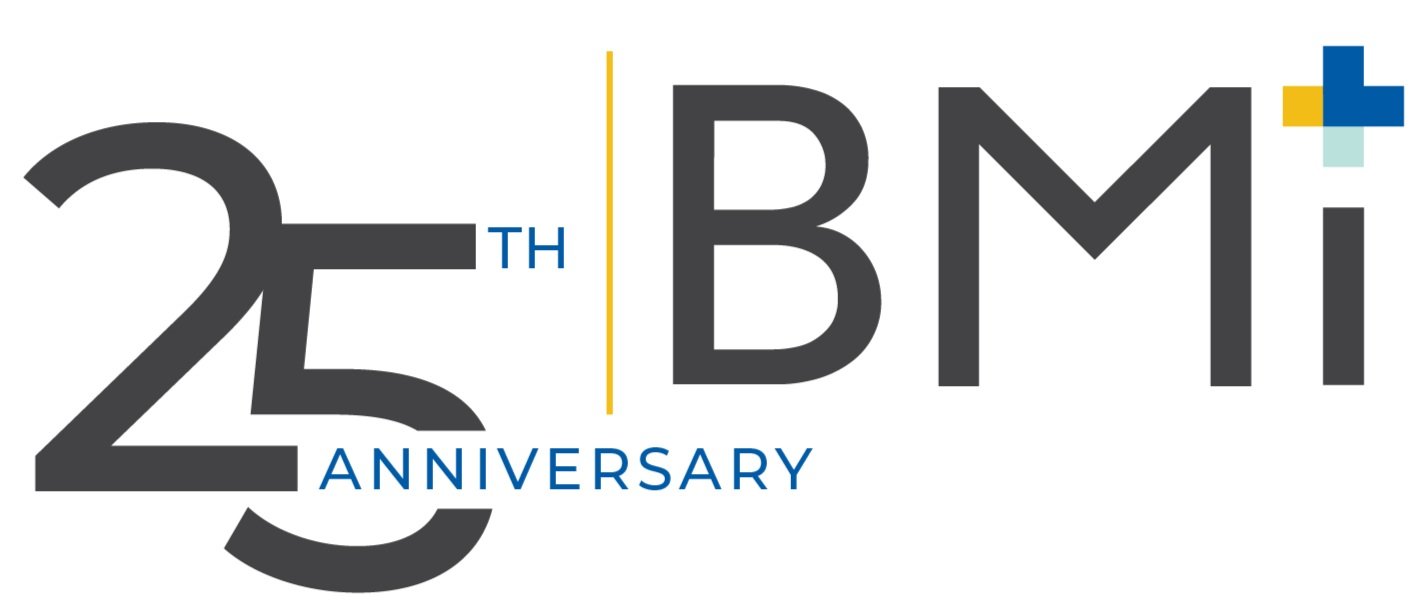Dependent Eligibility Audit FAQs
Why audit?
Rising costs. The cost of health care benefits is among the largest expense items for an employer and along with comprehensive healthcare reform, self-insured employers are facing additional pressures to ease the financial strain.
Based on data gathered from BMI customers in 2021, cost containment was the top motivator for conducting an audit.
Compliance. Reduce compliance risk under Sarbanes-Oxley, ERISA and Department of Labor (DOL) guidelines.
Suspected or known issues. From time to time, Human Resources personnel will uncover a dependent that is enrolled but does not meet the company’s unique eligibility criteria. This leads them to wonder how many other dependents are enrolled that are also ineligible.
Expert recommendations. Industry experts in Human Resources and the health insurance industry commonly recommend that employers engage with a third-party to conduct eligibility audits to save administrative time and money as well as help prevent employees from unknowingly committing insurance fraud.
When is the best time to audit?
Any time! However, it is most effective for employers to conduct a dependent eligibility audit directly before or after open enrollment.
If ongoing verification is not in place, employers should be performing a comprehensive dependent eligibility audit every 1-2 years.
Which eligibility verification approach is best?
BMI offers two approaches for verifying dependent eligibility. The industry best practice is a combined approach which includes a comprehensive audit followed by ongoing verification.
Comprehensive Audit
A complete documentation-based verification review of all enrolled dependents within an organization’s health plan(s). This is an industry standard and most popular among all employers. Results leave the employer with an accurate list of dependents that failed to meet the employer’s specific eligibility requirements.
Ongoing verification
Verification of eligibility for dependents as they are enrolled during open enrollment or as a result of a qualifying life event (QLE). The process is conducted on a shorter timeline and occurs on a monthly, quarterly, biannual or annual schedule. This approach ensures ineligible dependents are not enrolled.
How long does a dependent eligibility audit take?
Overall. About 12-16 weeks from kick-off call to completion, but multiple factors can affect the project timeline including client responsiveness, open enrollment timeframes and employee responsiveness.
For an employer and/or the broker consultant. Just 3-5 hours across the entire process for document submission, e-mail updates and calls, including a wrap-up discussion where BMI experts explain audit findings and offer guidance on next steps..
Can BMI verify spousal surcharges/carve-outs?
Yes! BMI has a process in place to confirm if enrolled spouses have access to or are enrolled in coverage through their own employer.
Can BMI verify marital status without reviewing all enrolled dependents?
Yes! Divorces happen all the time and many go unreported, so it’s a good idea to review marital status on a regular basis.
What savings do employers see from a dependent eligibility audit?
On average, 4-10% of enrolled dependents are confirmed as ineligible or are unable to prove that they meet specific plan eligibility requirements. With the average employer cost of $5,000 per dependent, the audit identified savings often outweigh the cost.
Results will vary based on industry and current employer verification processes. Use BMI’s Savings Calculator to preview potential savings.
See actual audit results here.
Which employers benefit the most from a dependent audit?
Ideal candidates for a comprehensive dependent eligibility audit include employers who:
Have never conducted a dependent eligibility audit.
Have not conducted an audit within the last 2 years.
Experience high employee turnover or company acquisitions.
Have made changes to their coverage or eligibility rules.
Lack resources or expertise required to oversee an internal verification program
How much does a dependent eligibility audit cost?
Pricing for dependent eligibility audits is based on a number of factors. Request a quote so that we can provide you with an accurate estimate.
What do I need to consider when selecting an auditing firm?
It is important that organizations do their homework before engaging with any eligibility partner. A few key considerations or questions to ask:
How long has the firm been in business?
Are additional services or products offered that could be considered a conflict of interest?
What is the firm’s average employee response rate?
Is any part of the service outsourced or subcontracted?
What options do audit participants have for submitting required information?
How are employee questions handled?
What is the frequency and type of communication(s) that audit participants will receive?
Is the verification process employee and HR friendly?
What level of employer customization is allowed?
What is included in the price and what may be extra?
HOW MUCH TIME DOES IT TAKE AN EMPLOYEE TO COMPLETE THE PROCESS?
The quickest way for an employee to complete their requirement is through our online portal at www.bmiverify.com. The process for an individual dependent can be completed in less than 5 minutes - they can even submit documents using a smartphone! Employees can also submit copies of their documents and completed forms through the mail or via secure fax.
What if an employee needs help?
Employees have access to our U.S. based help line Monday through Thursday 8:00 AM until 7:00 PM (ET) and Friday 8:00 AM until 5:00 PM (ET). They may also visit our FAQ page for answers to the most common questions.
